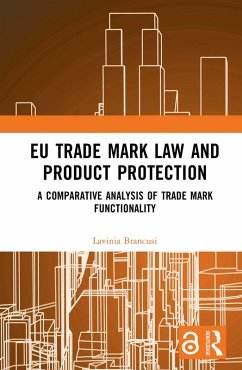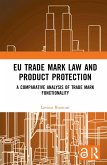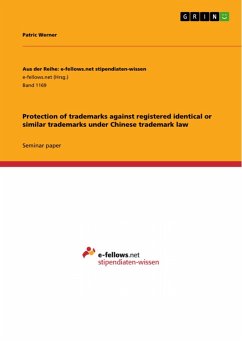This book employs scholarly analysis to ground practical tools for applying the EU Trade Mark law (EUTM) functionality refusal grounds to address business needs when registering trade marks consisting of product characteristics. The study comprehensively examines the absolute grounds for a refusal of registration of functional signs under EUTM. It interprets the functionality refusal grounds through objective tests, focusing on the pro-competition rationale of denying trade mark exclusivity on product features that are technically or aesthetically important for competitors' ability to trade in alternative products. The work takes a comparative approach looking at the US trade dress functionality doctrine, and a law and economics perspective on the role of trade marks and brands in the marketplace. It explores how competition rules related to market definition and the substitutability of products, as well as marketing and design findings related to branding and aesthetics, could be integrated into the legal assessment of EUTM functionality. The volume will be of interest to academics and researchers working in the areas of Intellectual Property Law, Trade Mark and Design Law, EU Law, Comparative Law, and Branding.
Dieser Download kann aus rechtlichen Gründen nur mit Rechnungsadresse in A, B, BG, CY, CZ, D, DK, EW, E, FIN, F, GR, HR, H, IRL, I, LT, L, LR, M, NL, PL, P, R, S, SLO, SK ausgeliefert werden.









